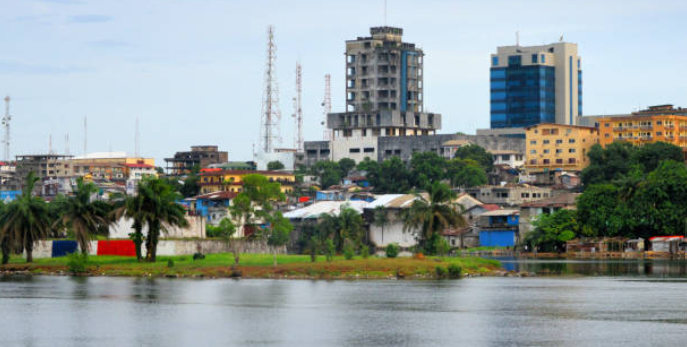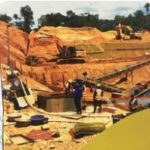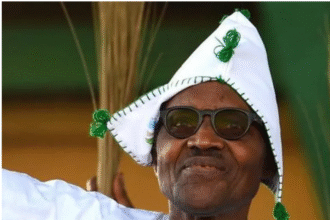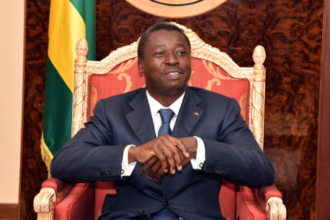By Emmanuel Sikena
Monrovia, Liberia – A growing debate is simmering in Liberia regarding the extent of foreign control over the nation’s economy. Concerns are mounting that key contracts, investment opportunities, and even informal sector operations were disproportionately awarded to foreign nationals by past administrations through decades long concessionary agreements, leaving qualified Liberians struggling to compete.
The concerns were amplified recently by questioning why some people in the Liberian government appear to prioritize foreign entities in awarding new contracts that could bolster local businesses and provide crucial employment opportunities. This has led to comparisons with other African nations that actively prioritize their own citizens and businesses in similar economic sectors.
While the Ghanaian government has ordered all foreign nationals involved in local gold trading to cease operations and leave the country by April 30, 2025., Liberia’s minerals and other resources are being taken by foreign nationals and companies. In fact, most technology and financial management consultancy are given to non-Liberians. Several companies dominate the country’s mineral exploration and mining sector, taking billions of dollars’ worth of gold, diamonds, iron ore, and other precious minerals unchecked.
“Why is Liberia consistently awarding these opportunities to non-Liberians when other countries prioritize their own?” questioned a local businessman who wished to remain anonymous. “We have qualified Liberians, capable and eager to contribute to our country’s growth, but they are constantly overlooked.”
The issue extends beyond large-scale contracts. Many observe a significant foreign presence in the informal sector, dominating areas that could be thriving incubators for Liberian entrepreneurs. This raises questions about fair competition and the potential displacement of local vendors and small businesses. In fact, foreign traders and businesspeople are given exclusive rights over the importation of critical food items such as flours, sugar, rice, oil and a number of non-durable goods and durable goods and products.
Furthermore, the prevalence of foreign consultants, particularly from other African nations, being hired for projects when qualified Liberian professionals exist, has become a point of contention. Critics argue that this practice not only undermines the skill and experience of local experts but also drains valuable resources that could be invested in strengthening Liberia’s own professional capacity.
“We have brilliant Liberian engineers, economists, and managers,” a spokesperson for the Liberian Professional Association stated. “It’s disheartening to see them consistently sidelined in favor of foreign consultants. We need to prioritize building our own expertise and capacity.”
The growing unease underscores the need for a re-evaluation of government policies and procurement processes. Critics are calling for greater transparency and accountability in the awarding of contracts and investment opportunities, as well as a renewed focus on empowering Liberian businesses and professionals.
While foreign investment is undoubtedly vital for economic growth, the debate highlights the importance of striking a balance that ensures Liberians benefit directly from their nation’s resources and have a fair opportunity to participate in and shape their own economic future. The government is being urged to address these concerns and implement policies that promote local participation and ensure a more equitable distribution of economic opportunities. The future of Liberia’s economic prosperity, many believe, hinges on empowering its own citizens.









